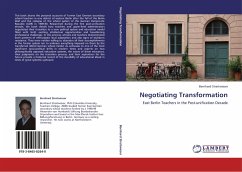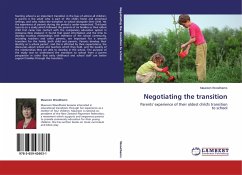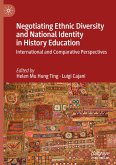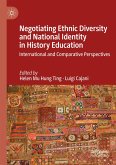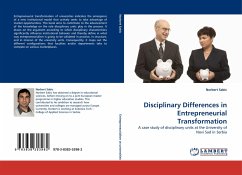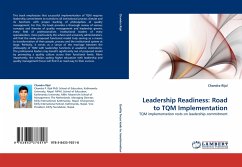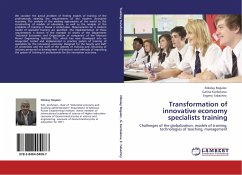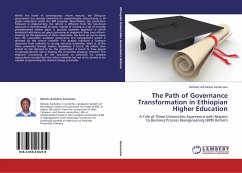This book shares the personal accounts of former East German secondary school teachers in one district of eastern Berlin after the fall of the Berlin Wall and the collapse of the school system of the German Democratic Republic (GDR) in 1989-90. Researched during the first post-unification decade, the book details how teachers and upper-level administrators negotiated their transition to a new political system and education model filled with both exciting intellectual opportunities and bewildering professional challenges. In this process, schools and teachers demonstrated both patterns of enthusiastic local adaptation and also signs of stubborn resistance. They were neither willing to abandon all their accomplishments in the former system nor to embrace everything imposed on them by the transferred (West) German school model. As witnesses to one of the most significant socio-political shifts in modern times and experts on two philosophically opposed education systems, the voices of these educators, their judgments on the transition process, and their aspirations for the future provide a historical record of the durability of educational ideals in times of great systemic upheaval.
Bitte wählen Sie Ihr Anliegen aus.
Rechnungen
Retourenschein anfordern
Bestellstatus
Storno

